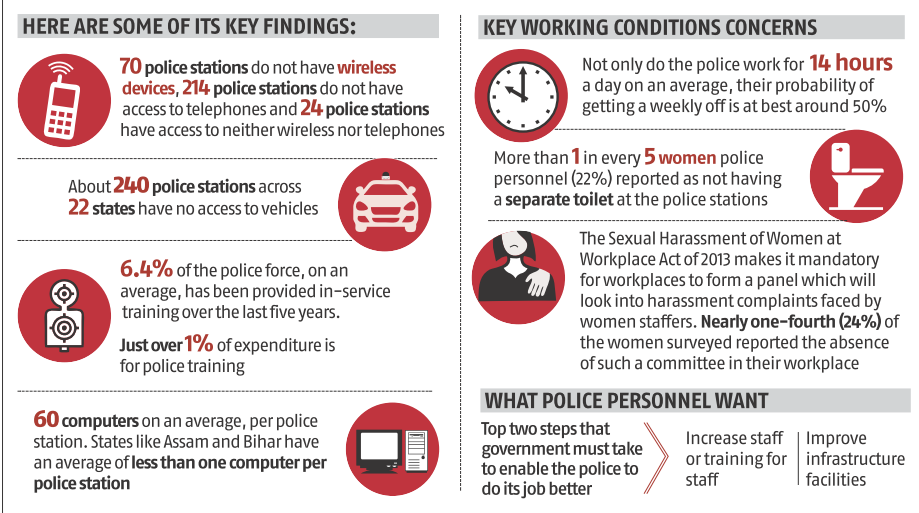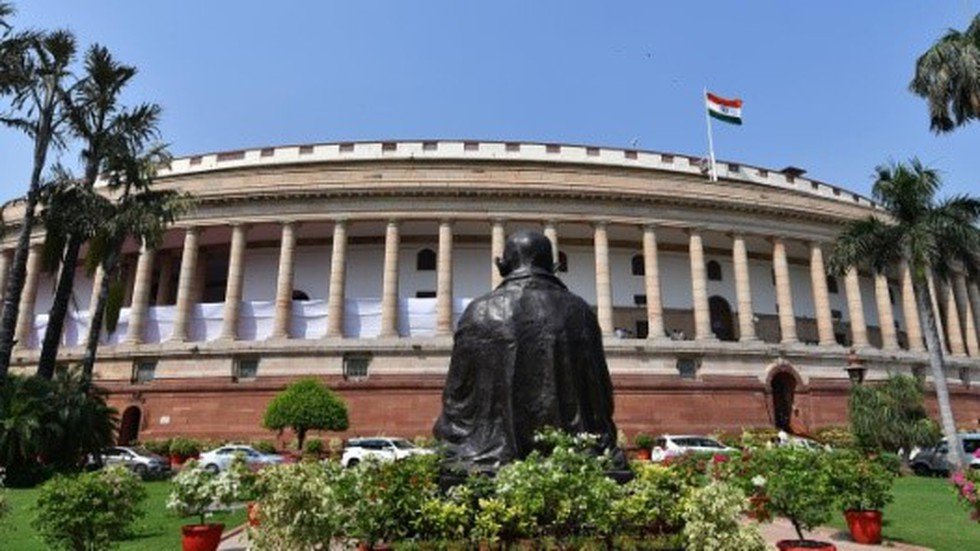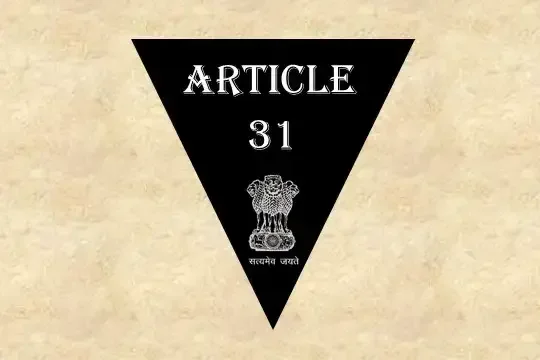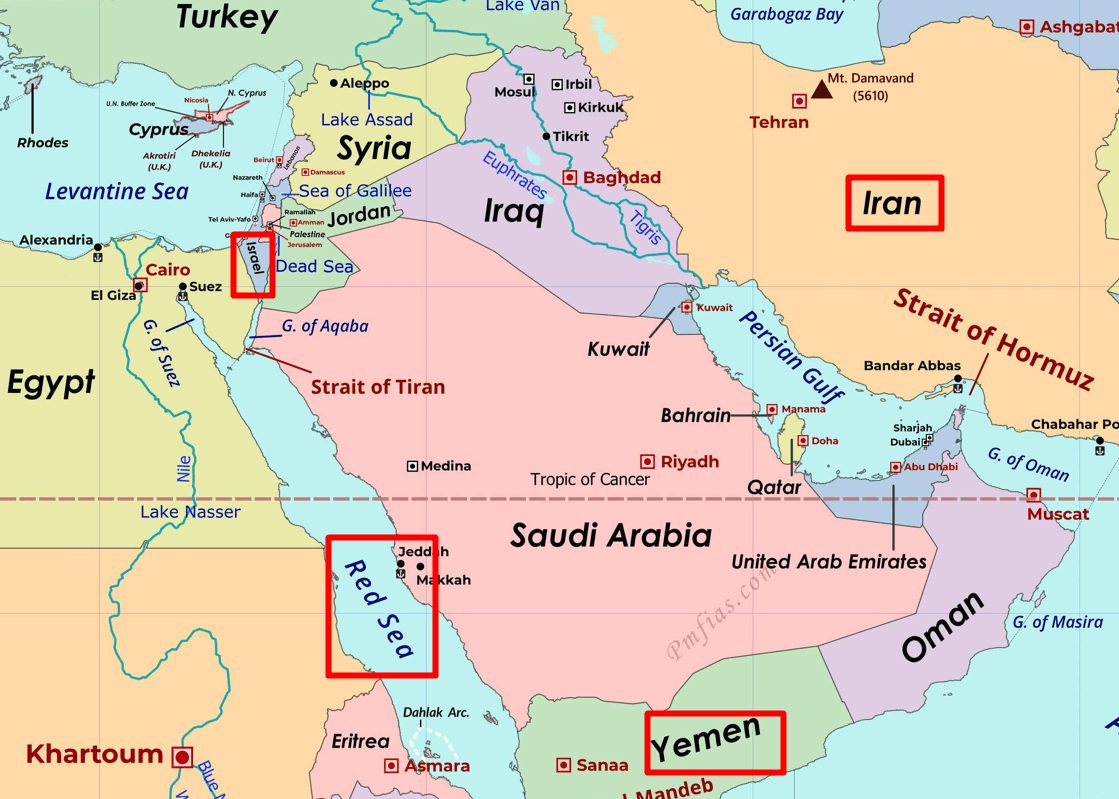
Bill for the Appointment of CEC and ECs
Subscribers of "Current Affairs" course can Download Daily Current Affairs in PDF/DOC
Subscribe to Never Miss an Important Update! Assured Discounts on New Products!
Must Join PMF IAS Telegram Channel & PMF IAS History Telegram Channel
- Context (TH): Rajya Sabha successfully passed the “Chief Election Commissioner and Other Election Commissioners (Appointment, Conditions of Service and Term of Office) Bill.“
- This legislation will provide the framework for appointing the Chief Election Commissioner (CEC) and Election Commissioners (ECs).
- The Bill replaces the Election Commission (Conditions of Service of Election Commissioners and Transaction of Business) Act, 1991.
Why a Law Now?
- Since no parliamentary law was enacted as prescribed by Article 324 of the Constitution, the Supreme Court (SC) stepped in to address the “constitutional vacuum.“
- The SC in March 2023 ruled that CEC and ECs will be appointed by the President of India on the advice of a Committee (until Parliament enacts a law) consisting of the
- Prime Minister, and
- Leader of Opposition in the Lok Sabha,
- The Chief Justice of India
Election Commission of India
- It is an autonomous constitutional authority responsible for conducting elections in India under Article 324.
- The Election Commission comprises:
- A Chief Election Commissioner (CEC) and
- Two Election Commissioners (ECs).
Appointment of CEC and ECs
- No specific legislative process is defined in the Constitution to appoint the CEC and ECs.
- The President shall appoint the CEC and other ECs (on the recommendation of the Union Cabinet).
Issue with the present method of appointment
- It undermines the autonomy of the office of the election commission.
- Likelihood of bias in the appointments.
- Possibility of biased conduct by CEC and ECs in the future.
- Scope for personal whimsy in appointments of EC.
- The SC has questioned the practice of appointing CECs close to the age of 65 (they have only a brief tenure).
Key Features of the Recent Bill
Election Commission
- The EC will consist of a Chief Election Commissioner (CEC) and other Election Commissioners (ECs).
- The President will periodically fix the number of ECs.
Appointment of the Commission
- The President will appoint the Commission upon the recommendation of the Selection Committee.
- The Selection Committee will comprise:
- The Prime Minister as Chairperson,
- The Leader of the Opposition in Lok Sabha as member
- If the Leader of the Opposition in Lok Sabha has not been recognised, the leader of the single largest opposition party in Lok Sabha will assume the role.
- A Union Cabinet Minister nominated by the Prime Minister as a member.
Search Committee
- A Search Committee headed by the Cabinet Secretary will suggest five names to the Selection Committee.
- The Selection Committee may also consider any person even though they are not on the list presented by the Search Committee.
Eligibility criteria
- The CEC and ECs must:
- Be persons of integrity,
- Have knowledge and experience in the management and conduct of elections,
- Be or have been Secretary (or equivalent) to the government.
Term and reappointment
- Members of the EC will hold office for six years or until they attain the age of 65 years, whichever is earlier.
- Members of the Commission cannot be re-appointed.
- If an EC is appointed as a CEC, the overall period of the term may not be more than six years.
Unanimity and Majority Decision
- The Bill maintains that the business of the Election Commission should be transacted unanimously whenever possible.
- In case of a difference of opinion, the majority’s view will prevail.
Salary and pension
- The salary, allowances, and other conditions of service of the CEC and ECs will be equivalent to that of the Cabinet Secretary (at present, it is on par with the judge of an SC).
- They will have the option to draw pension and other retirement benefits from the service that they belonged to previously.
Removal
- The Bill retains the manner of removal of CEC and ECs as specified in the Constitution.
- The CEC may be removed similarly and on the same grounds as a Supreme Court Judge.
- ECs may be removed only upon the recommendation of the CEC.
Key Issues with the Bill
- Alignment with Framers’ Intentions: The new composition of the Selection Committee does not align with the framers’ objective of creating an impartial and independent body responsible for elections.
Impact on Electoral Governance
- The selection process of the EC may be dominated by the government, which can compromise its independence.
- Making the CEC and EC’s salary equivalent to the Cabinet Secretary may lead to government influence as it is fixed by the government.
Balance of Power
- Accepting the Selection Committee’s recommendations may effectively lead to a monopoly of government members in selecting candidates.
- CECs and ECs also perform quasi-judicial functions (e.g. enforcing the Model Code of Conduct). Limiting these posts to senior bureaucrats may exclude other suitable candidates.


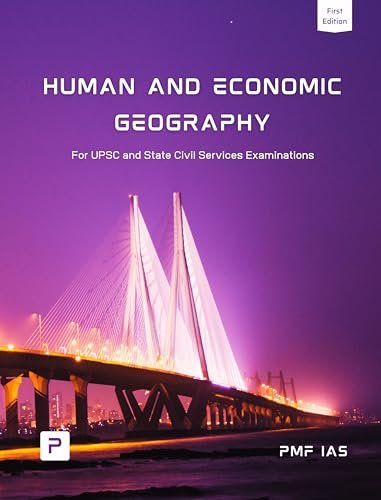





![PMF IAS Environment for UPSC 2022-23 [paperback] PMF IAS [Nov 30, 2021]…](https://pmfias.b-cdn.net/wp-content/uploads/2024/04/pmfiasenvironmentforupsc2022-23paperbackpmfiasnov302021.jpg)
